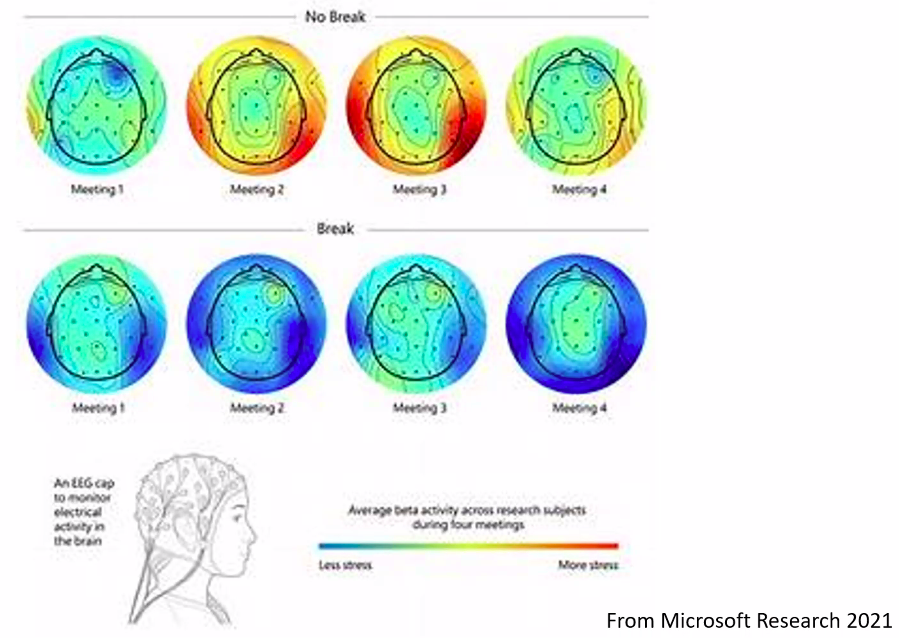How to choose a coach?
A previous article took stock of the choice of coach, from the point of view of the beneficiary of the coaching. Here, we wonder about the choice of coach, from the point of view of the buyer of coaching.
The buyer is for example a human resources manager, a department/company director who has the related budget, a training manager, who builds a training course, including coaching.
Faced with an identified coaching need, how to choose the coach(s)? So that their service corresponds to the needs of the company?
To take a parallel, when you buy a yogurt, you expect a product of standardized composition and that has been kept in compliance with the cold chain. What about coaching?




